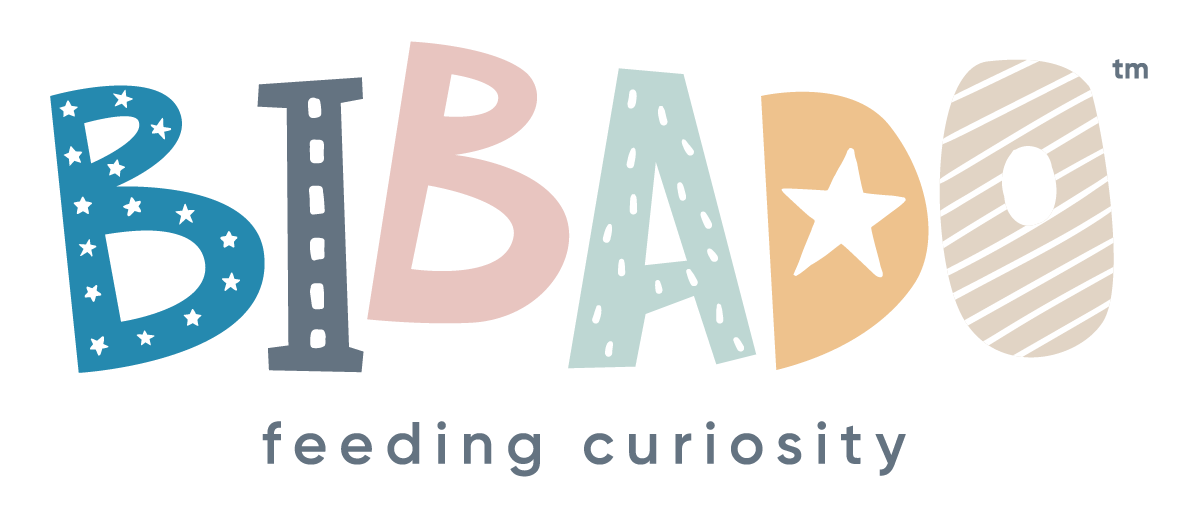Mealtime adventures are better with Bibado! Let our award-winning products make a difference to your weaning journey.
 Shop Now
Shop Now


Introducing eggs during weaning can feel daunting, but current evidence suggests early, safe introduction (in the right forms) can help reduce the chance of an egg allergy developing. Here’s a practical, step-by-step guide to introducing eggs safely.

For many years parents were told to delay allergenic foods. More recent research and guidance suggest that introducing common allergens, including eggs, from around 6 months (when your baby is developmentally ready) does not need to be delayed and may actually help the immune system develop tolerance.
That said, this is not about rushing. It’s about careful, gradual exposure in safe, cooked forms and maintaining regular exposure once eggs are tolerated.
Egg white tends to be more allergenic than yolk, so a cautious approach is to begin with well-cooked egg yolk before progressing to fully cooked egg with white.
Practical first offers:
Tip: Introduce eggs mid-morning or early afternoon so you can watch your baby for a few hours — avoid first introduction right before bedtime.
If you’re also introducing other potential allergens (nuts, dairy, fish, etc.), offer eggs on a different day from those foods. This makes it easier to identify which food caused a reaction if one occurs.
Most babies tolerate eggs without issue. Signs to look for:
Once your baby tolerates eggs, include them regularly in age-appropriate forms (for example, 2–3 times per week). Regular exposure helps maintain tolerance.
Here are easy ways to prepare eggs for a baby who’s just starting to try them.
Always check texture (no large lumps) and temperature before serving.
Consider consulting your GP or paediatrician before introducing eggs if your baby has any of the following:
In some situations a healthcare professional may recommend supervised introduction or allergy testing first.
Follow us for more delicious, nutritious bite-size Bibado goodness